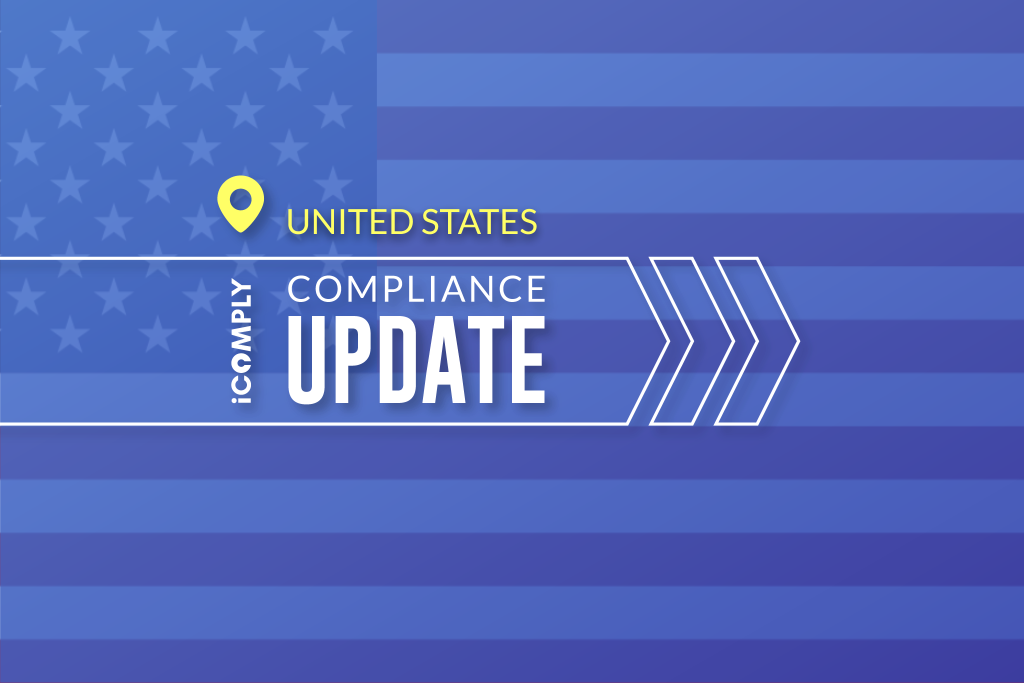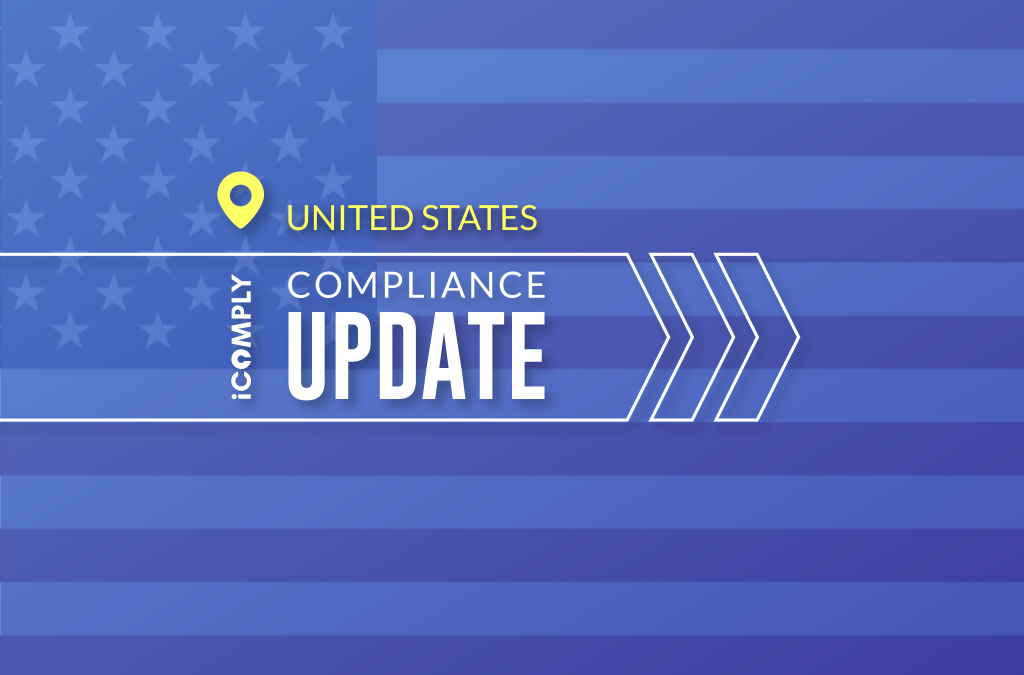SEC Ruling Issued Against BitClave ICO

Unregistered $25.5-million ICO issuer ordered to return money to investors
What Happened?
May 28, 2020: The Securities and Exchange Commission (SEC) found BitClave PTE Ltd. of San Jose, California conducted an unregistered Initial Coin Offering (ICO) between June and November 2017.
Source: https://www.sec.gov/news/press-release/2020-124
Who Is Impacted?
The 9,500+ investors who invested USD $25.5 million into BitClave’s Consumer Activity Token (CAT).
Why This Matters?
Because it was never registered as a security, the public sale of the CAT token violated the registration provisions of federal securities laws in the United States.
In the US, securities issuers must follow registration requirements, or use a registration exemption such as Reg D or Reg CF. Token issuers that use US exemptions must follow specific restrictions and thresholds – for both the primary sale and the secondary market of any security they issue. BitClave has been ordered by the SEC to return all the funds they acquired through this token sale.
What’s Next?
Without admitting or denying the SEC’s findings, BitClave has agreed to pay a total disgorgement of USD $25,500,000, a prejudgment interest of USD $3,444,197, and a penalty of USD $400,000. The SEC’s order also establishes a Fair Fund to return monies paid by BitClave to the 9,500+ injured investors.
Finally, BitClave has also agreed to transfer all of the remaining CAT in its possession to the fund administrator for permanent disabling, publish a notice of the SEC’s order through their site, and request the removal of CAT from all virtual asset trading platforms currently listed for sale or trade.
learn more
Is your AML compliance too expensive, time-consuming, or ineffective?
iComply enables financial services providers to reduce costs, risk, and complexity and improve staff capacity, effectiveness, and customer experience.
Request a demo today.
WHAT ARE THE 3 STAGES OF MONEY LAUNDERING AND HOW CAN AML CHECKS COMBAT FRAUD?
Money laundering is a complex process used by criminals to disguise the origins of illegally obtained money. Understanding the three stages of money laundering is essential for implementing effective Anti-Money Laundering (AML)...
IDENTITY VERIFICATION WITH LIVENESS DETECTION: THE KEY TO PREVENTING SPOOFING ATTACKS
In the digital age, identity verification has become a cornerstone of security for financial institutions and businesses. However, traditional methods are increasingly vulnerable to spoofing attacks, where fraudsters use fake or...
SOURCE OF FUNDS | A CRITICAL STEP IN MITIGATING THE RISK OF MONEY LAUNDERING
Identifying the source of funds is a crucial step in mitigating the risk of money laundering. By understanding where money originates, financial institutions can better assess the legitimacy of transactions and prevent illicit...




